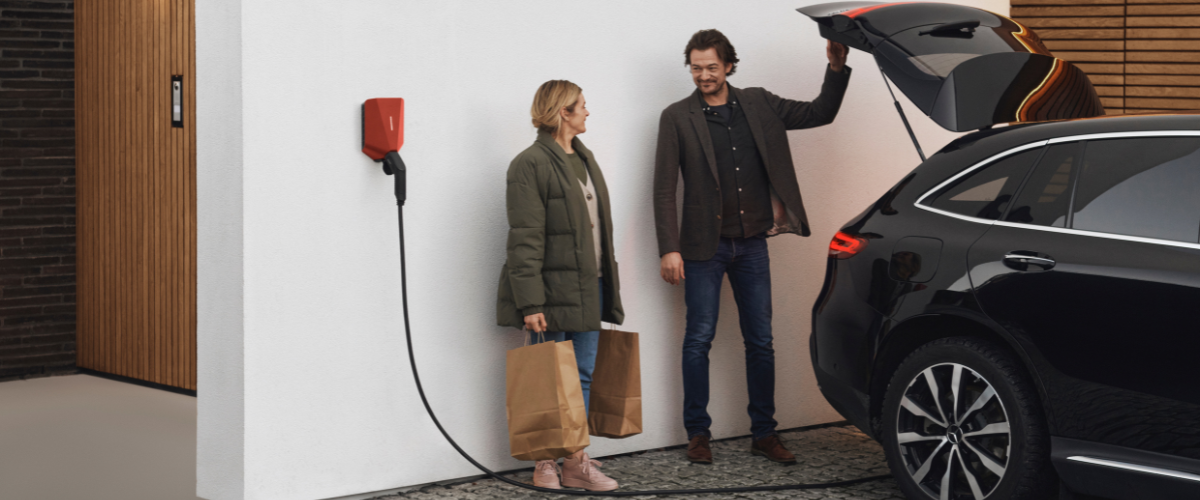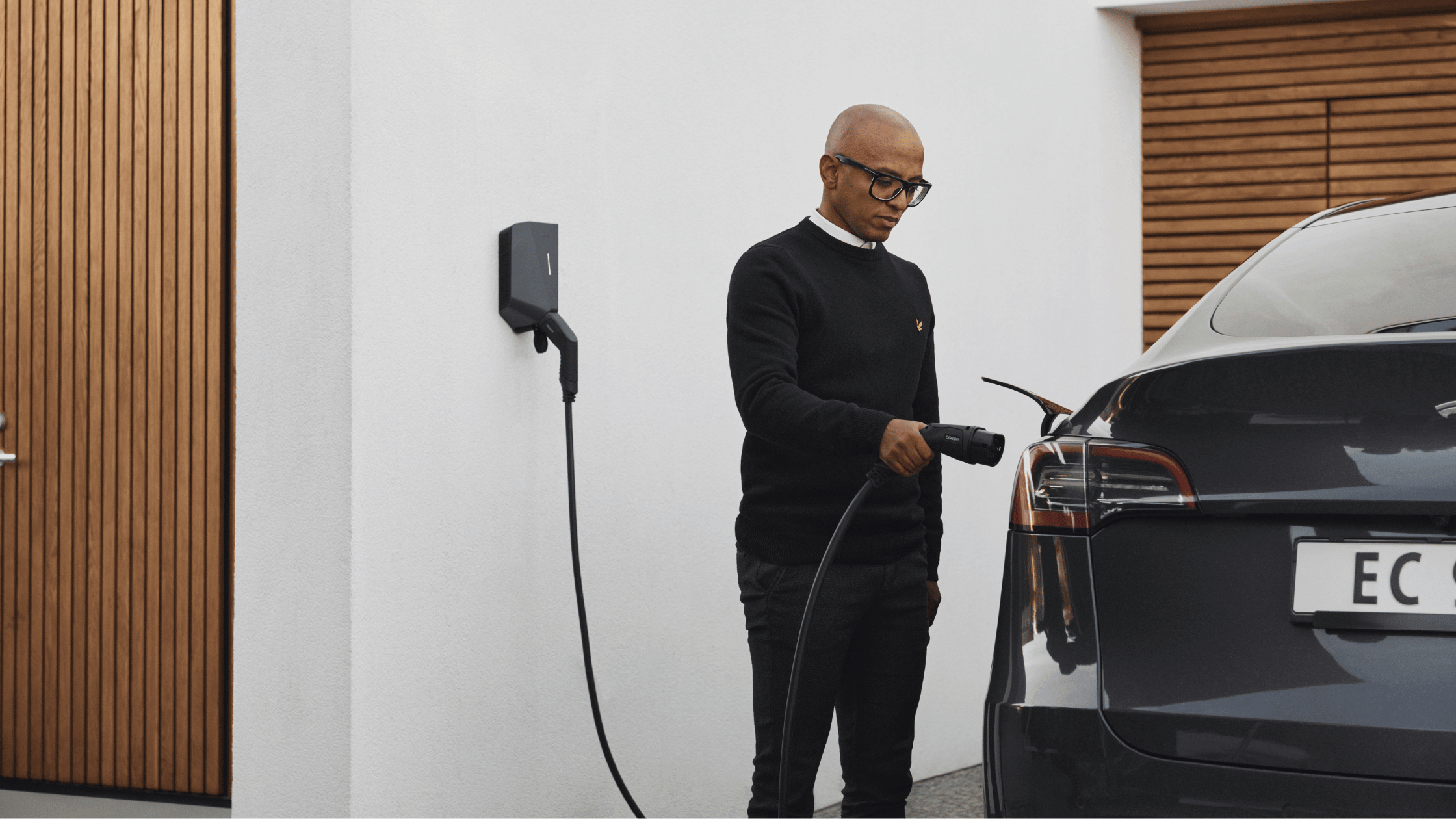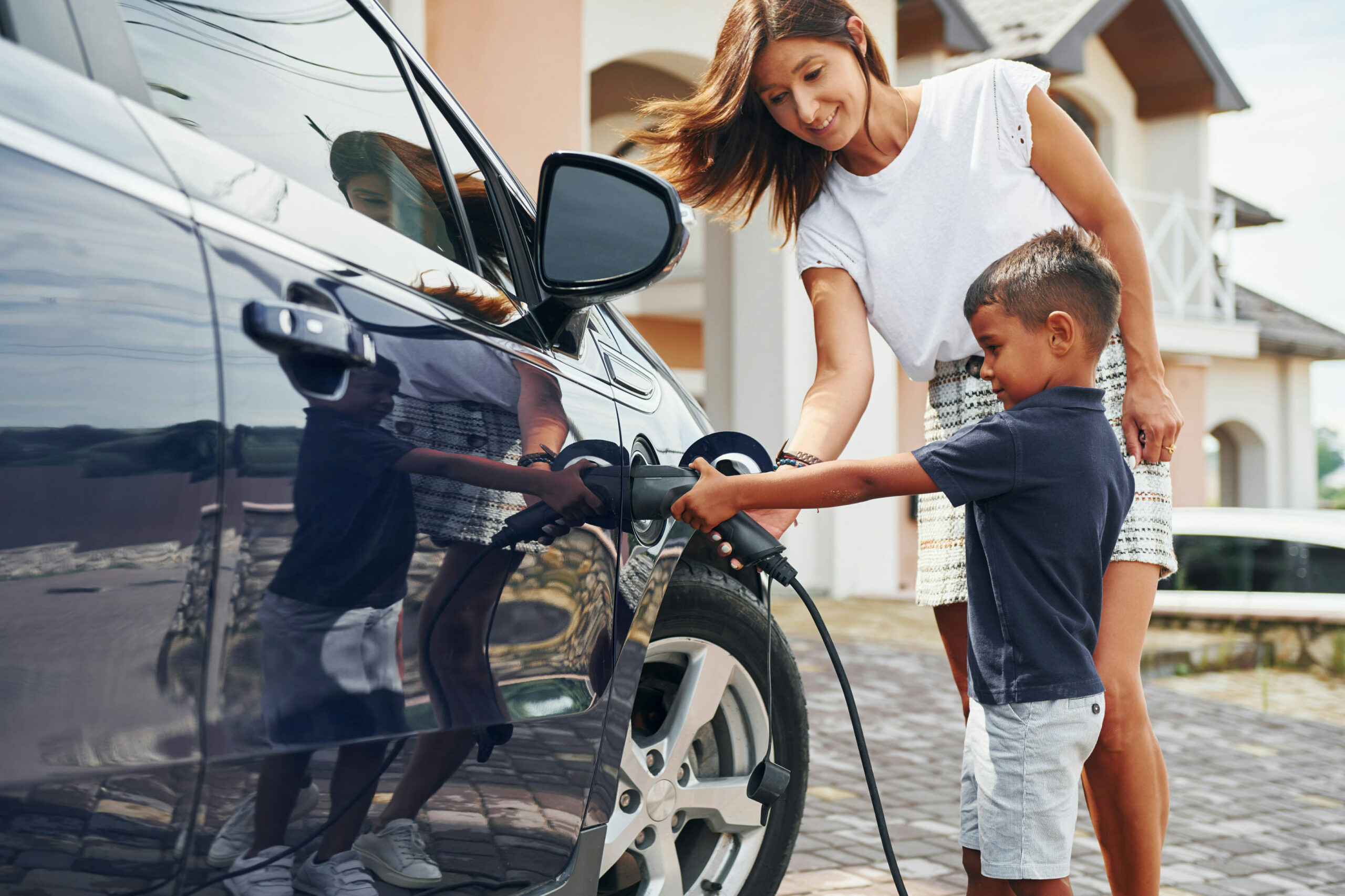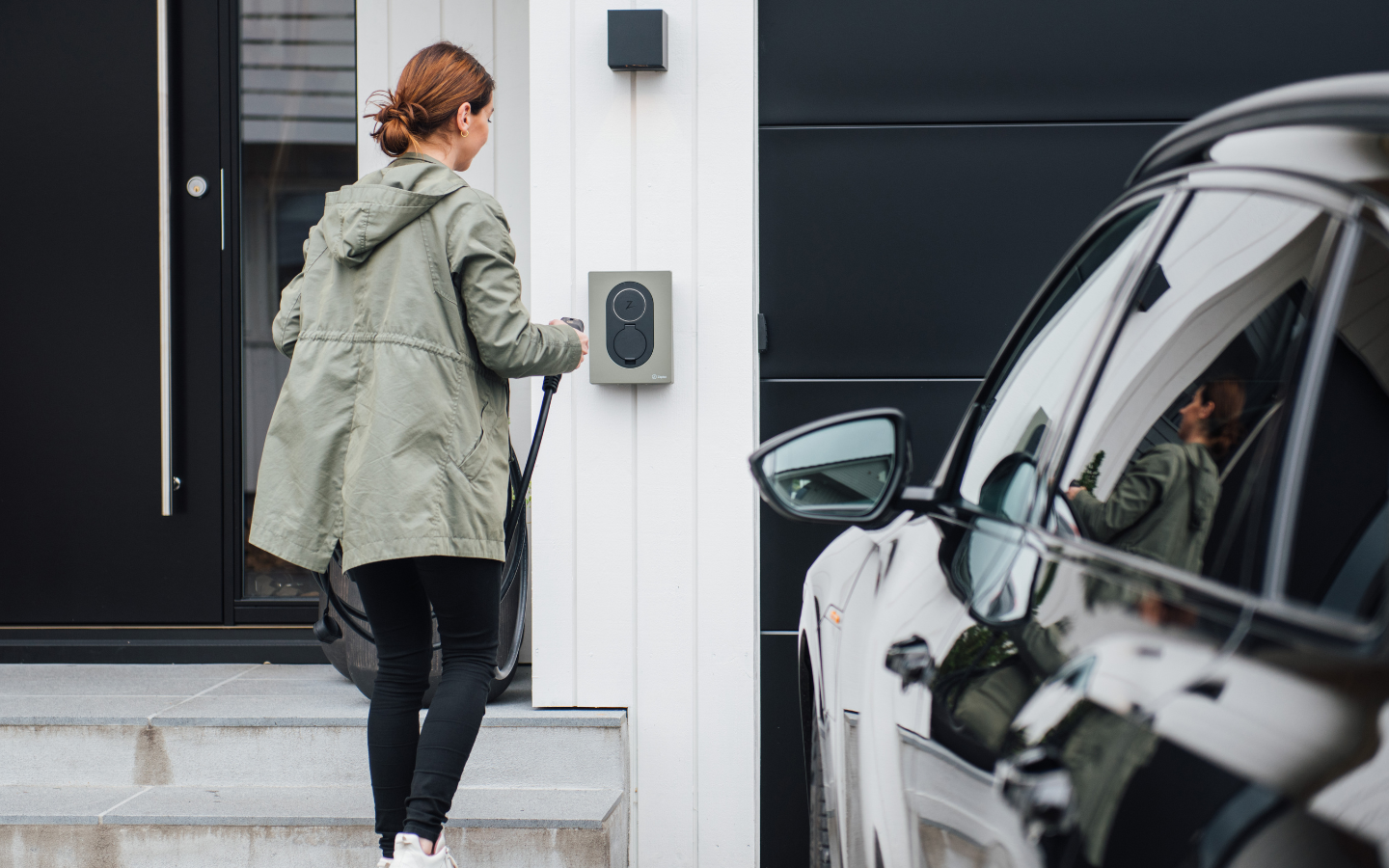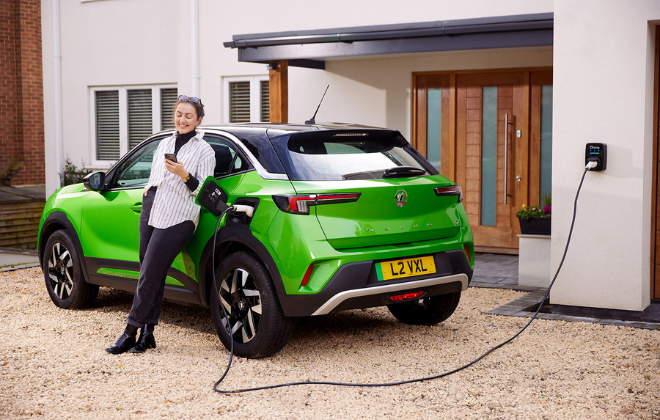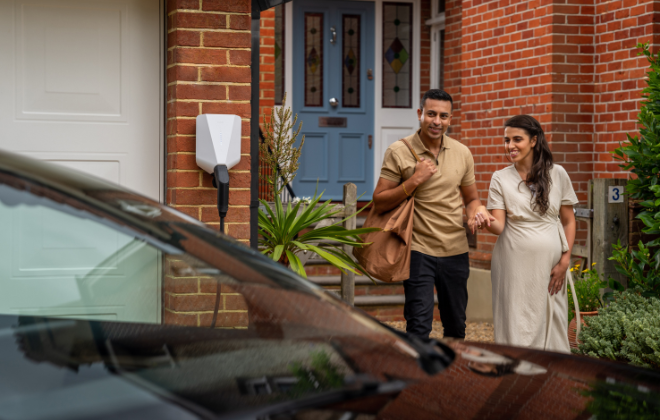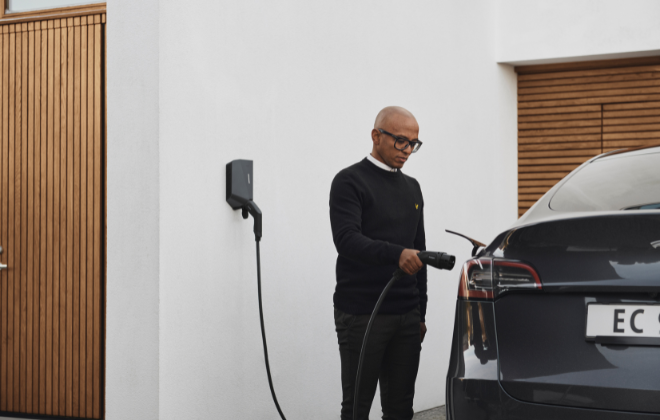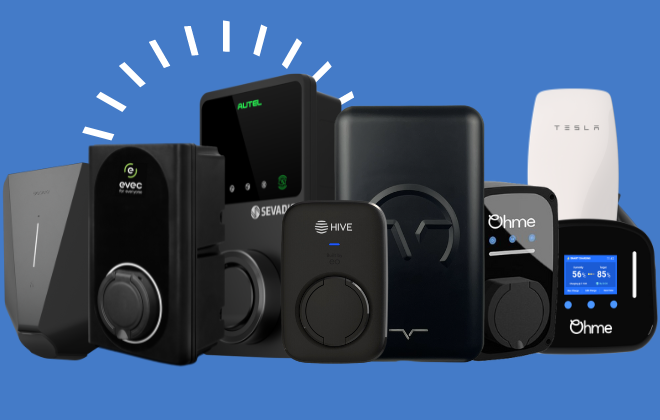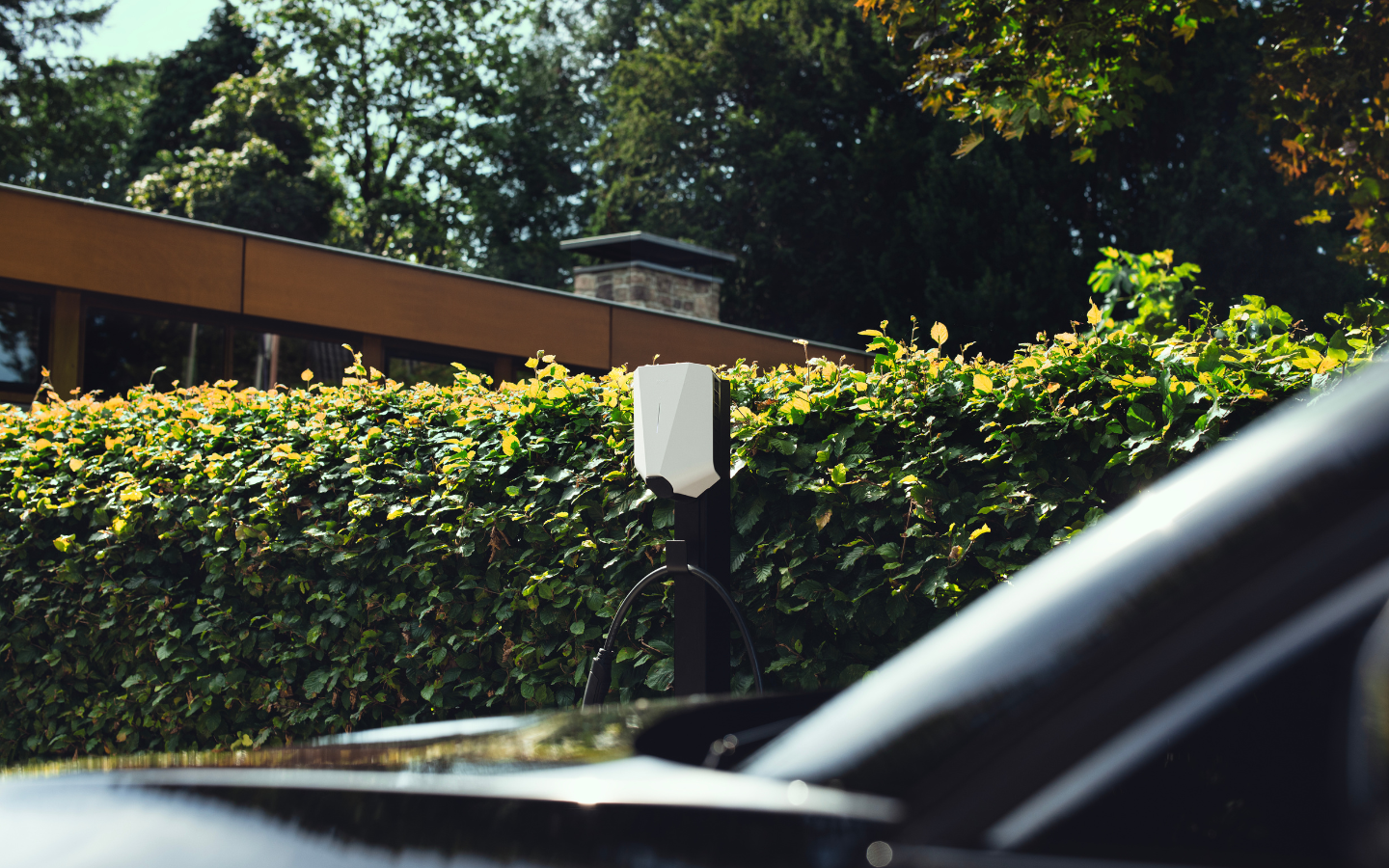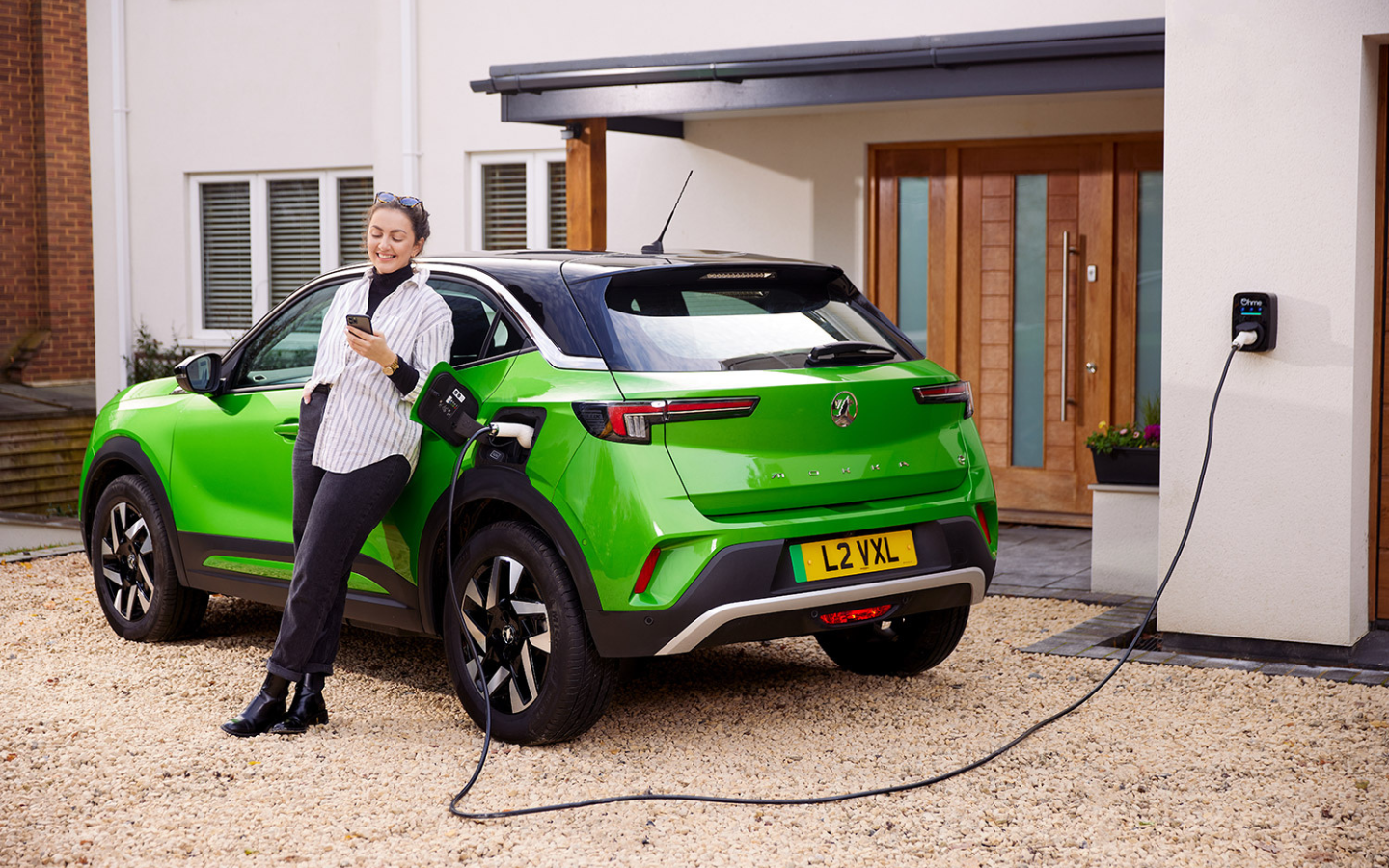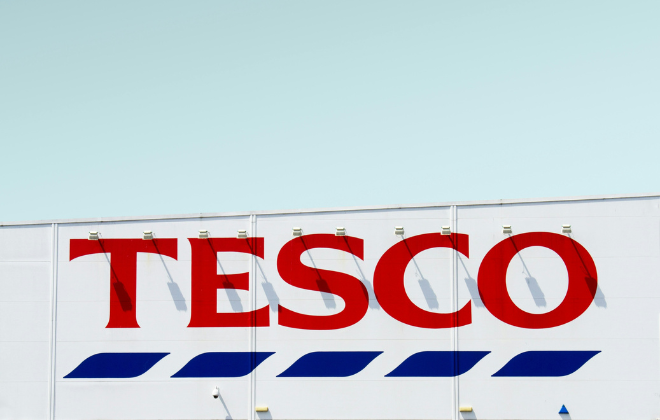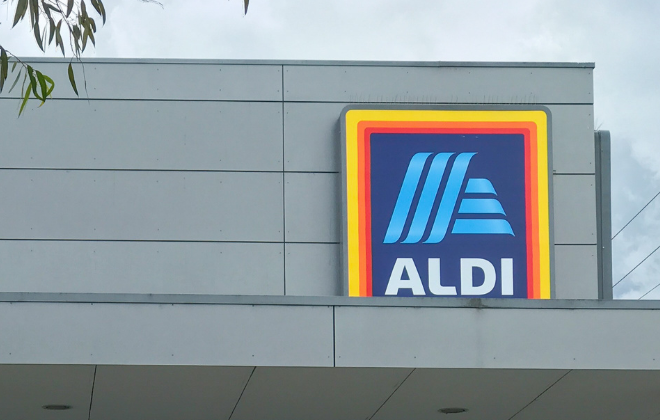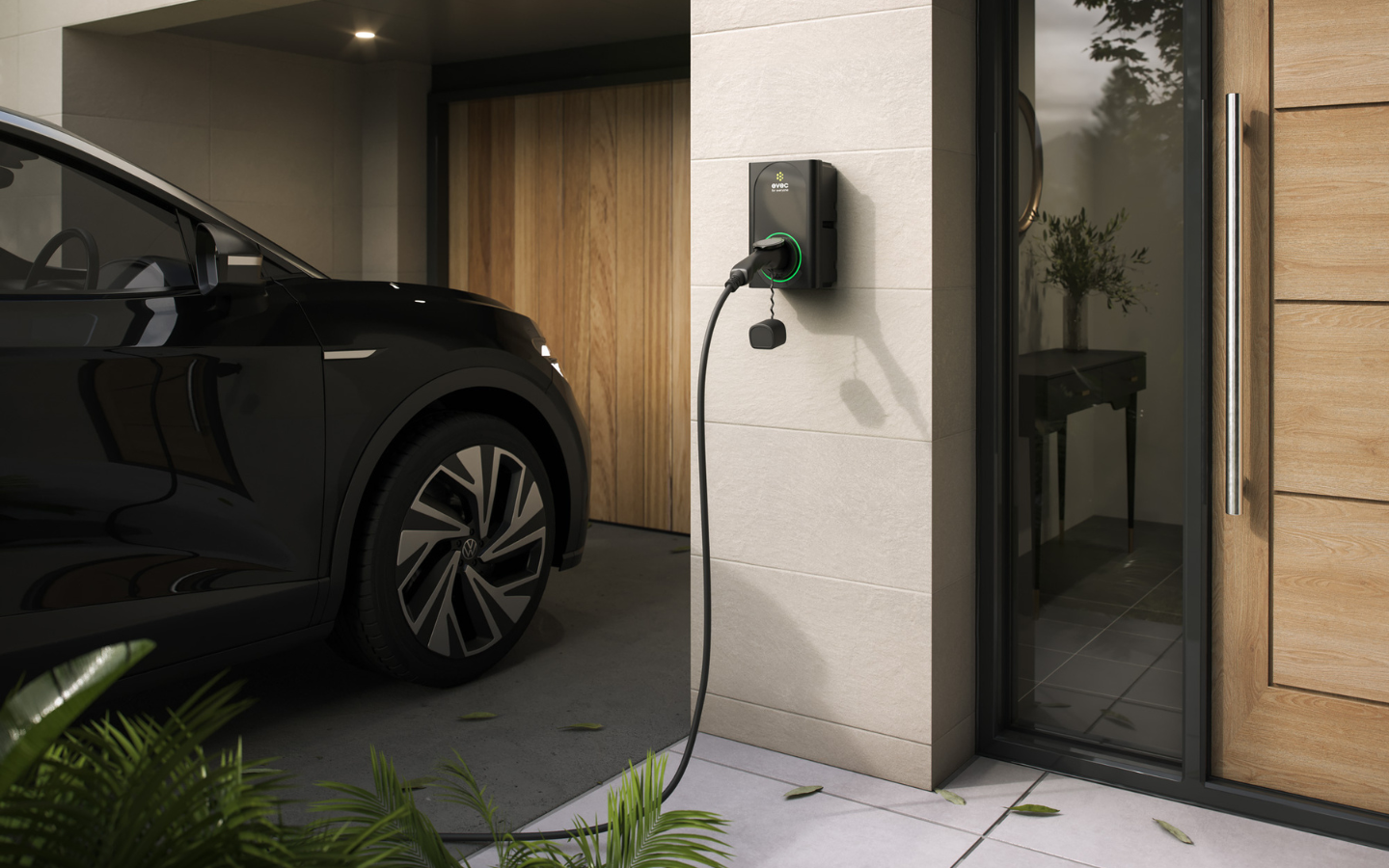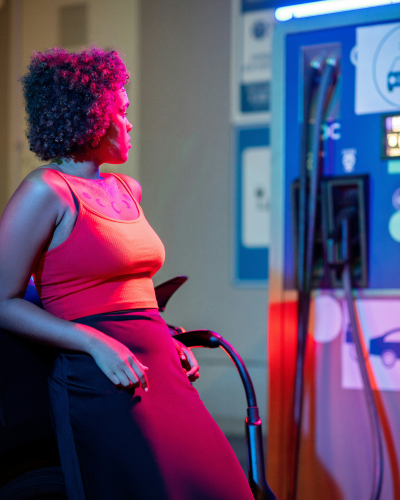
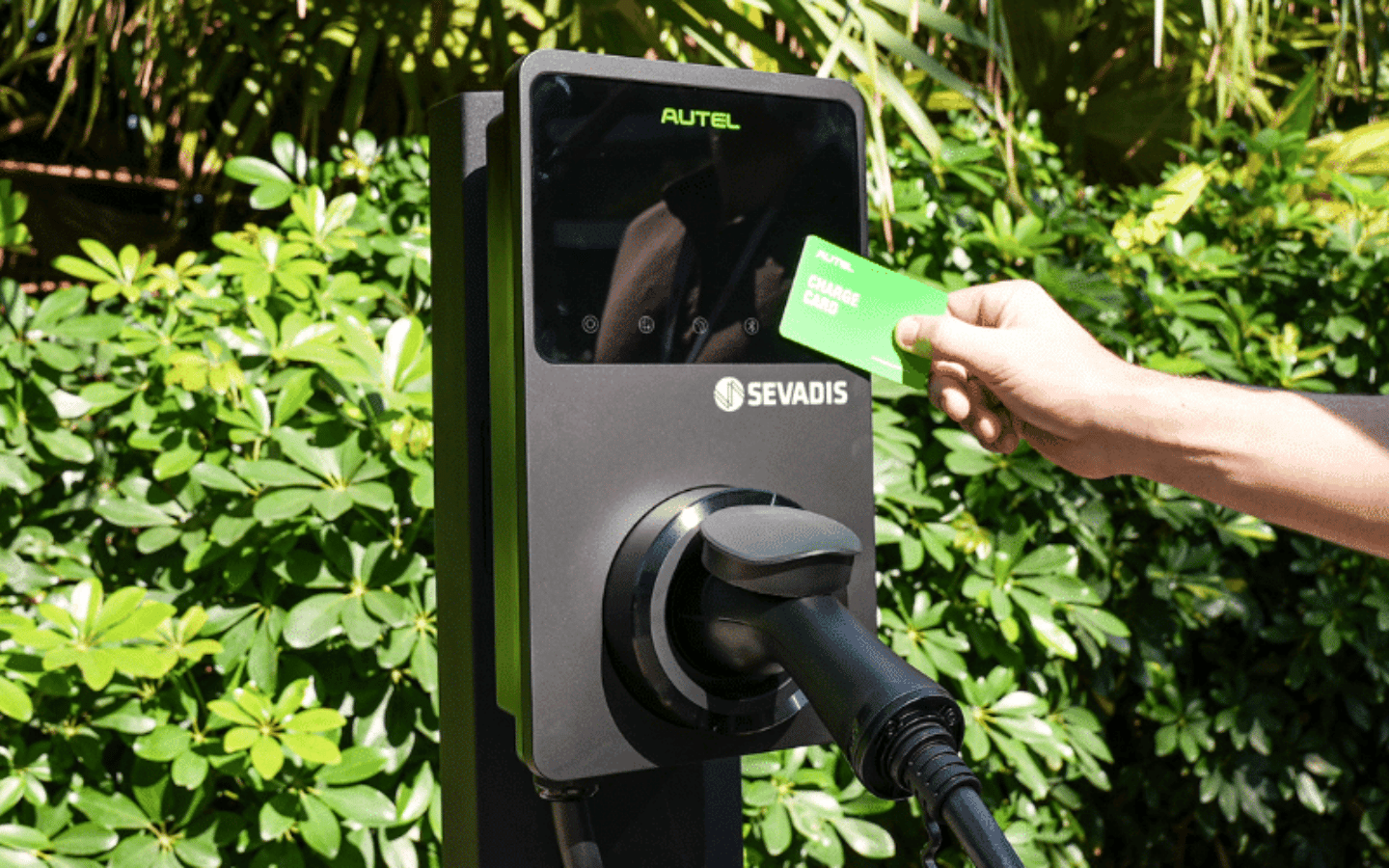
Where can I charge my electric car for free?
Where can I charge my electric car for free in the UK?
Finding free EV chargers in the UK can be challenging – but it’s not impossible. While Scotland currently has the most free electric car chargers in 2024 with the ChargePlace Scotland network, plenty are still available around the remainder of the UK.
If you’re currently wondering – where can I charge my electric car for free in the UK? – keep reading. In this blog, we’ll let you know where you will likely find free electric car chargers, explore the types of free chargers, and take you through the access restrictions you may encounter. We’ll also provide some handy resources for EV owners to find free electric car charging points near you.
Which locations have free electric car chargers in the UK?
Free electric car charging in the UK is not unheard of, but it’s becoming rarer by the day – especially in 2024. That said, the best places to find free EV charging points in the UK are:
- Supermarkets
- Shopping centres
- Leisure centres
- Car dealerships
- Public car parks
- Hotels and other accommodation businesses, such as B&Bs and Airbnbs
- Attractions, such as cafes, restaurants, pubs, museums, theme parks
- National Trust properties
- Workplaces and offices
While these are places where free EV charging tends to be available, you will find guaranteed free electric car charging at certain supermarkets in the UK, most notably Asda – although only at selected stores.
How do I find free electric car charge points near me?
There are several ways to find free chargers near you in the UK. Below are some of our favourites:
- Zap-Map: Zap-Map is a popular website and mobile app that provides information about electric car charging stations across the UK. Use Zap-Map to find free EV charging points near you by selecting the “Free to use” option in the search filter.
- PlugShare: PlugShare is another website and mobile app that provides information about electric car charging stations. Similarly to Zap-Map, PlugShare allows you to filter search results to show only free charging points.
By using these apps, you can easily find free electric car charging points near you. But make sure to check the terms and conditions of each free electric car charging point to ensure that they are truly free and don’t require any membership or subscription fees.
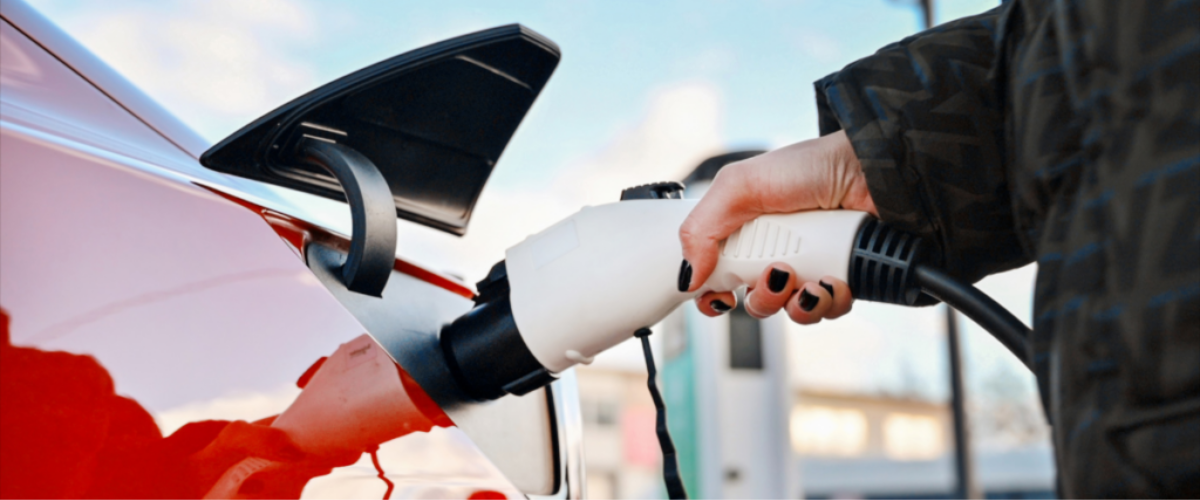
Which types of electric car chargers are free to use?
Electric car chargers come in different charging speeds, but fast and rapid electric car chargers are the most common types of free public charging points. Due to the higher cost, it’s unlikely that you will find ultra-rapid EV chargers that offer free EV charging.
Fast chargers charge at 7kW to 22kW AC rates and are usually found in supermarkets, car parks and other local attractions. Examples of fast EV chargers you may come across are BP Pulse and Pod Point chargers.
Rapid charge points charge at 50kW to 99kW and are usually found at motorway service stations. However, free rapid electric car chargers and free ultra-rapid EV chargers are harder to find due to their locations and the higher cost to charge.
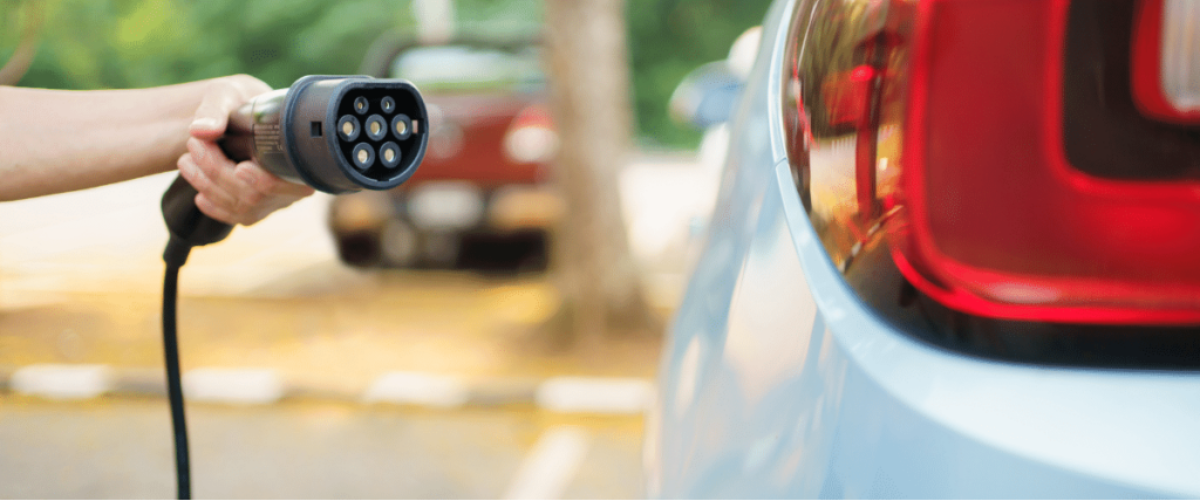
Are there access restrictions to charge your electric car for free?
Sometimes, free electric vehicle chargers will have access restrictions in place. Such restrictions will vary depending on the type of charger and where it is located. Take note of the most common access restrictions for free electric vehicle chargers in the UK:
- Time limits: Some free charging points may have time limits in place, meaning you can only use the charger for a certain amount of time before your charging stops, and you will have to pay to continue.
- Membership or subscription requirements: Certain free electric vehicle chargers may require you to be a member of a specific charging network or to have a subscription to use the charger.
- Location restrictions: Free electric car chargers may only be available to customers of a specific business or organisation. For example, some supermarkets may only offer free charging to their customers, and some workplace chargers are only likely to be available to employees.
- Parking restrictions: You may be required to pay for parking in order to use the free charger. Make sure to check the parking restrictions before using the charging point.
- Priority use: Some free electric car charging points may give priority access to certain types of electric vehicles, such as taxis or electric vans.
- App or RFID card access: Another consideration is that you’ll need to ensure you have the appropriate RFID card or app to start a charge. Different brands of chargers may have different access methods, so it’s worth checking that you are covered before you visit a charger.
It’s essential to check the access restrictions for each charging point before you use it. This information can usually be found on the charging point itself or the website or mobile app of the charging network. Zap-Map also allows you to check whether any restrictions are in place. By checking the access restrictions in advance, you can ensure a hassle-free charging experience and avoid any unexpected fees or restrictions.
Charge an electric car at your workplace
If you’re fortunate enough to have an employer that supports electric vehicles, you may be able to charge your car for free at work. Many companies in 2024 offer free or subsidised electric car charging stations, which allow employees to charge their electric vehicles conveniently whilst they work.
Incentives are available for businesses interested in installing EV chargers, too. The Workplace Charging Scheme provides up to £14,000 of government funding towards the installation of EV chargers at the workplace, and the EV infrastructure grant offers an additional £15,000 of grant funding for installing chargers for staff and fleet use. With this in mind, it may be worth discussing workplace EV chargers with your employer to see whether this is something they would consider. There are significant benefits to doing so, both for employees and employers.
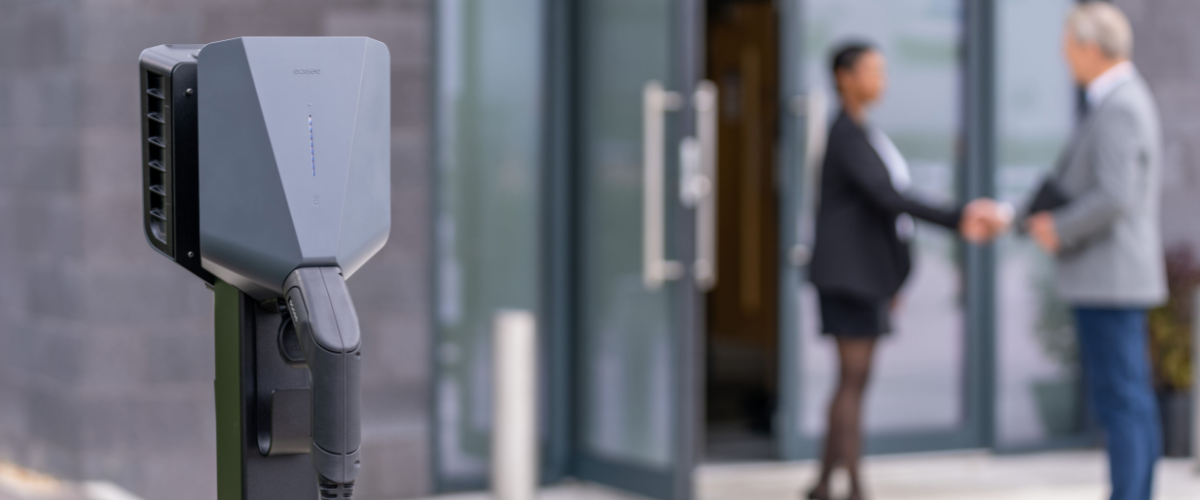
Can I get an electric car charger at home for free?
Technically, yes, you can get a free home electric car charger with the Motability scheme. In fact, Motability covers the cost of a home EV charger and its standard installation. However, a free home EV charger is only available for those who receive a qualifying mobility allowance.
Conclusion
The window on being able to charge your EV for free is closing, but free electric car chargers are still available in the UK – you just have to know where to look.
Several websites and mobile apps, such as Zap-Map and PlugShare, can help you find the number of free charging points near you. However, it’s essential to be aware of access restrictions such as time limits, membership requirements, location and parking restrictions.
To conclude, you shouldn’t entirely rely on free chargers to charge your electric car. Any free charging points you do find are likely to be in high demand, so you may have to wait a while to use them – it’s unlikely you’ll have enough time for a full top-up too.
On top of this, certain EV chargers may be free now, but this does not mean they will stay free forever, so you should make the most of them while you can before you have to resort to frequent, expensive public EV charging trips. Instead, take advantage of cheaper, greener and more convenient EV charging at home with a dedicated home EV charger.
Summary:
- Free electric car charging is hard to come by in 2024, with most public charging points charging a fee – especially rapid and ultra-rapid electric car chargers. That said, you’ll likely find free EV chargers at car parks, supermarkets, hotels and, in some cases, at your workplace. For guaranteed free electric car charging, check your local Asda, Aldi or Sainsbury’s as select stores offer free EV charging.
Interested in a home EV charger?
While home chargers may not be completely free to charge, they are a great way to save on EV charging costs – especially compared to the cost of public EV charging. Up to £1000 of savings can be made by installing a smart home EV charger with a charge scheduling feature, and further savings can be made by investing in a home charger with tariff integration.
If you want a home EV charger installation, click below to get your free quote, or contact us for more information or any queries you may have. As an experienced, accredited electric car installation company, we can handle the entire process for you – from start to finish – including DNO applications and grant paperwork. All with first-class customer service.
For more information and our latest updates, follow us on Facebook, Instagram, Twitter, LinkedIn and YouTube.
related articles_
Stay up to date on the latest from We Power Your Car_
I consent to receive newsletters from We Power Your Car. Please see our Privacy Policy
